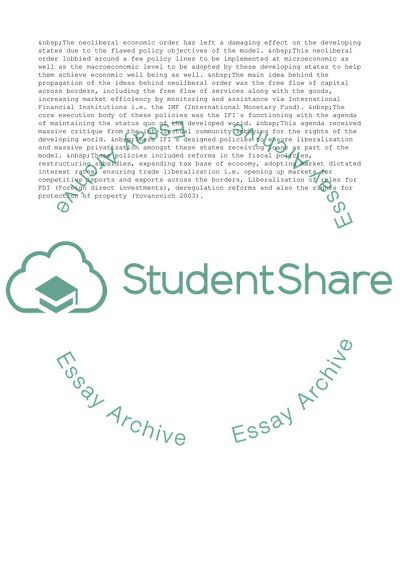Cite this document
(“Neo-Liberal World Order And Economy Of The Developed World Admission/Application Essay”, n.d.)
Neo-Liberal World Order And Economy Of The Developed World Admission/Application Essay. Retrieved from https://studentshare.org/business/1670186-neo-liberal-world-order-and-economy-of-the-developed-world
Neo-Liberal World Order And Economy Of The Developed World Admission/Application Essay. Retrieved from https://studentshare.org/business/1670186-neo-liberal-world-order-and-economy-of-the-developed-world
(Neo-Liberal World Order And Economy Of The Developed World Admission/Application Essay)
Neo-Liberal World Order And Economy Of The Developed World Admission/Application Essay. https://studentshare.org/business/1670186-neo-liberal-world-order-and-economy-of-the-developed-world.
Neo-Liberal World Order And Economy Of The Developed World Admission/Application Essay. https://studentshare.org/business/1670186-neo-liberal-world-order-and-economy-of-the-developed-world.
“Neo-Liberal World Order And Economy Of The Developed World Admission/Application Essay”, n.d. https://studentshare.org/business/1670186-neo-liberal-world-order-and-economy-of-the-developed-world.


